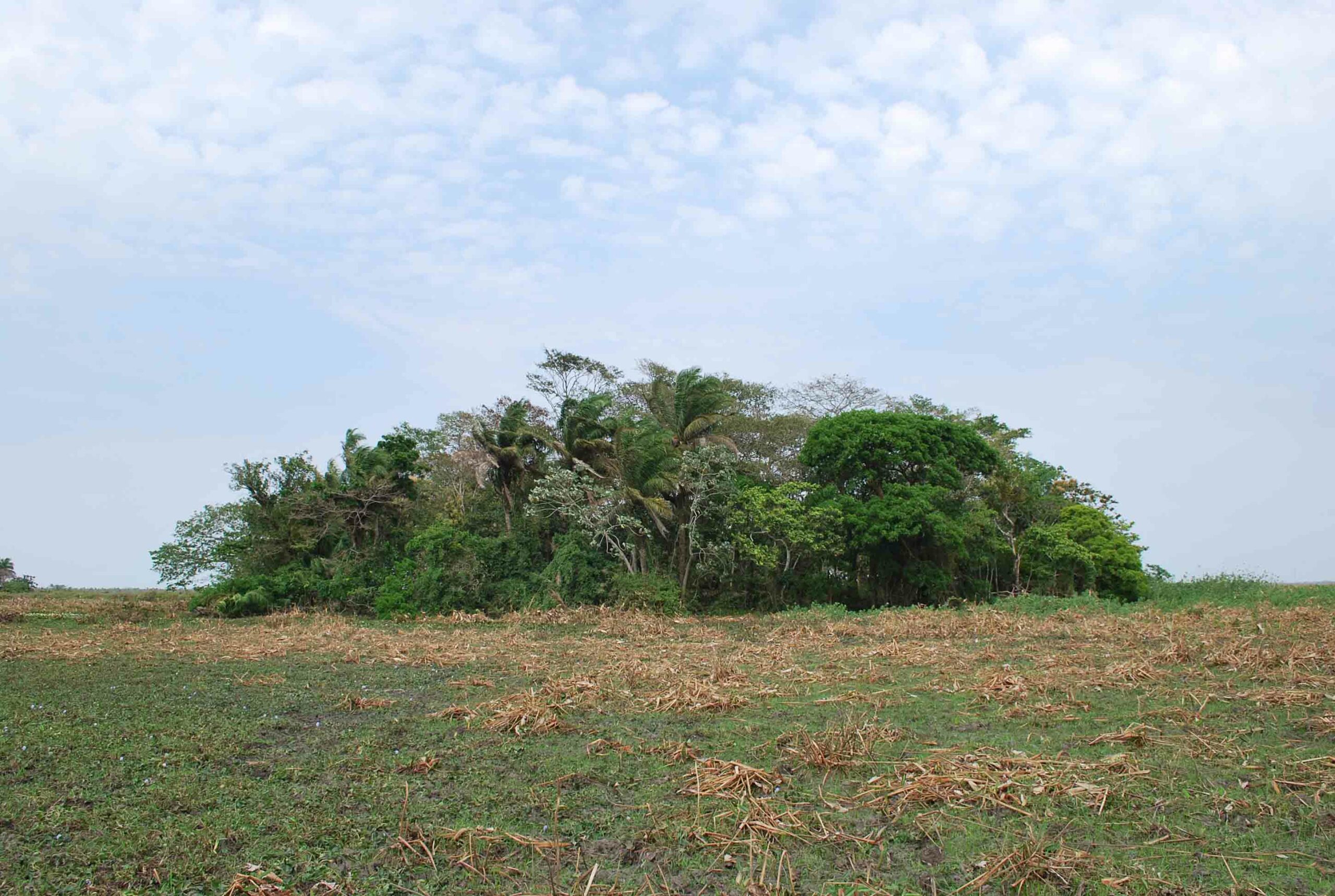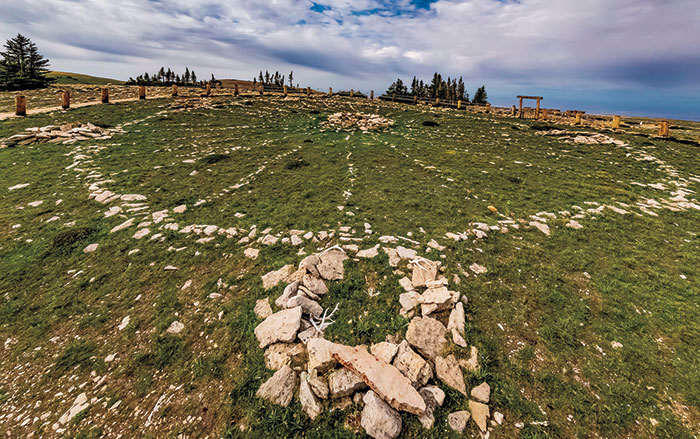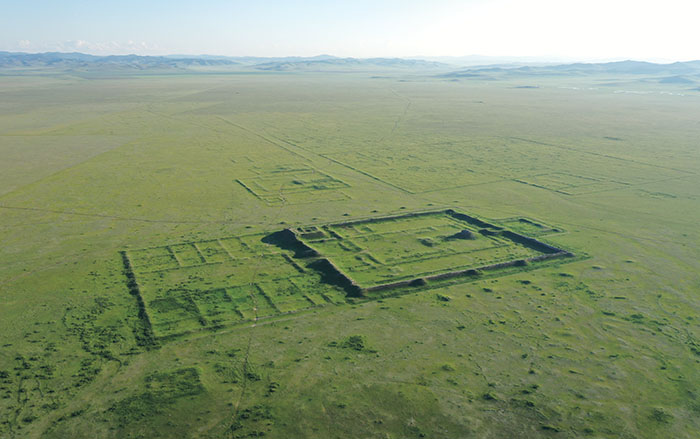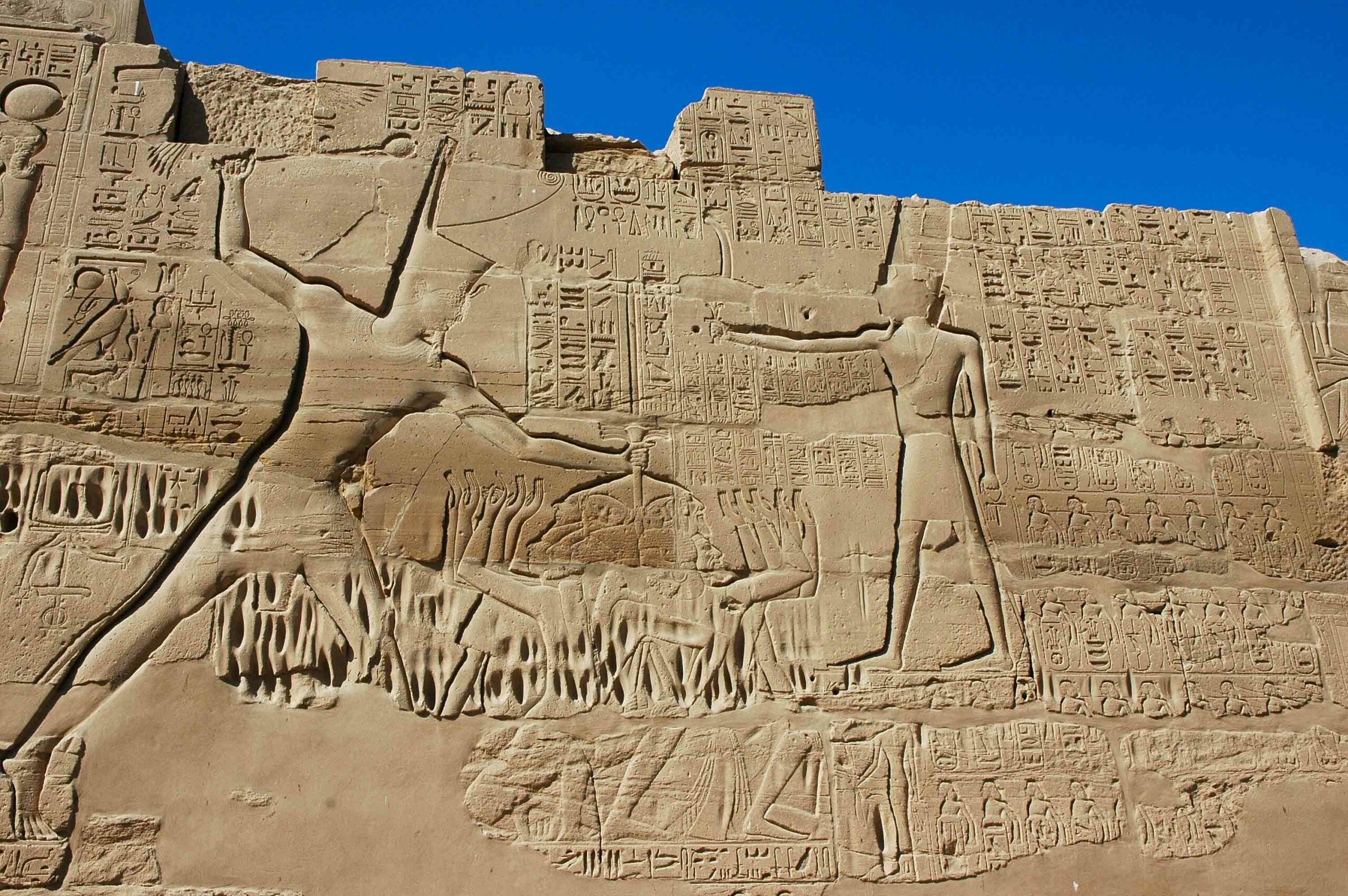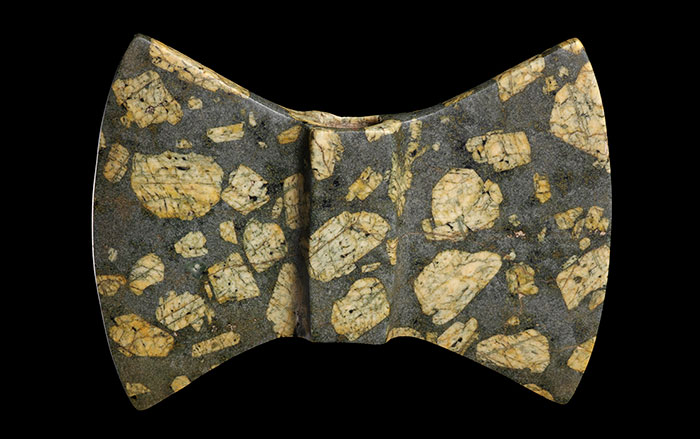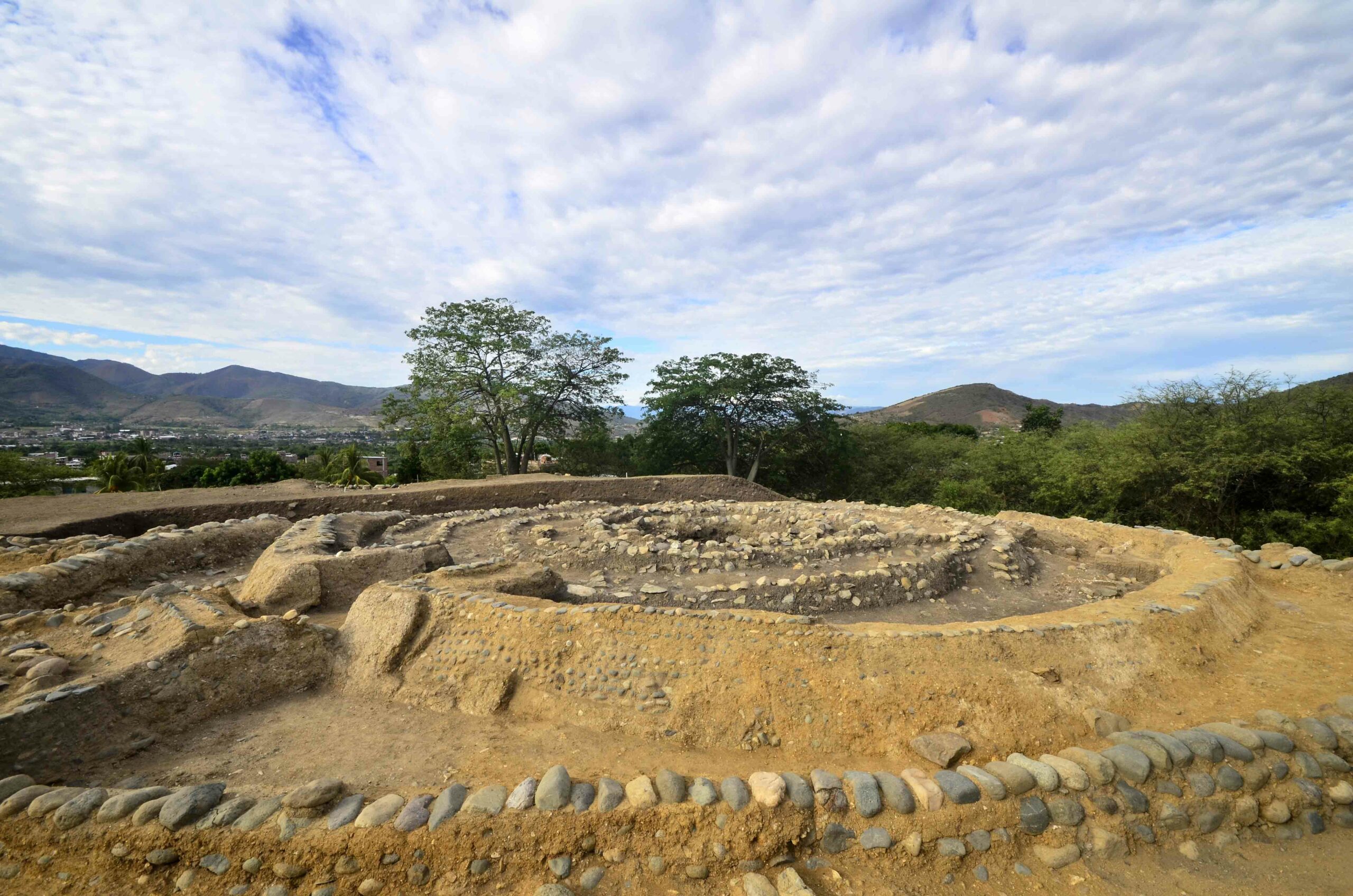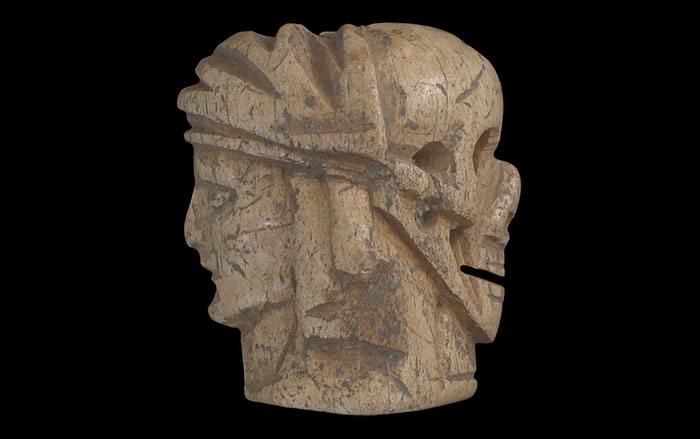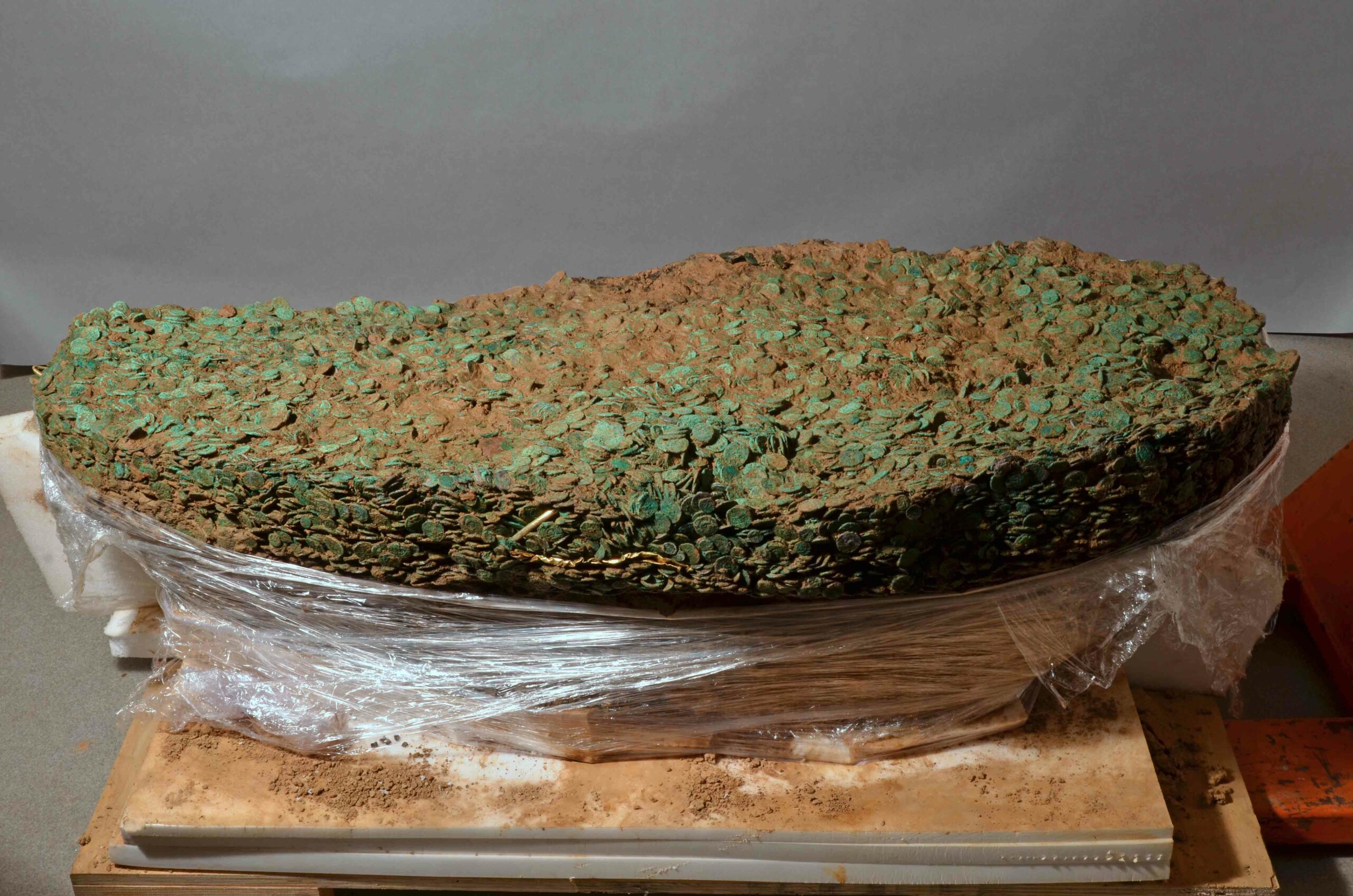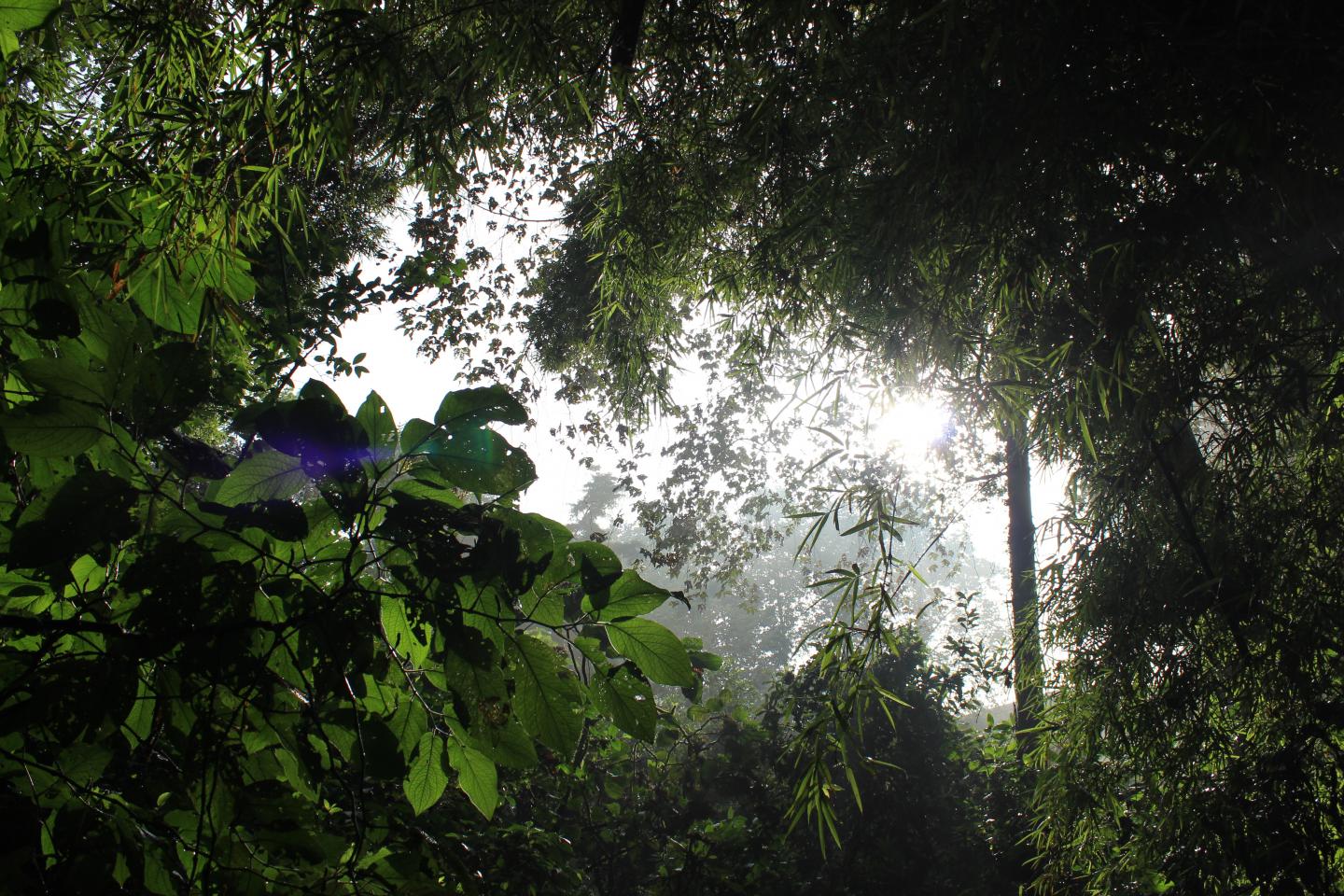
MUNICH, GERMANY—A new study suggests humans have been encroaching on tropical forests for 45,000 years, according to a report in The International Business Times. Researchers including Patrick Roberts of the Max Planck Institute for the Science of Human History, and Chris Hunt of Liverpool John Moores University, found that hunter-gatherers in Southeast Asia, Australia, and New Guinea practiced controlled burns of tropical forest, perhaps in order to create additional “forest-edge” environments where their favored plant and animal food sources lived. These burns may have even contributed to the extinction of megafauna, which would further impact the life cycle of ancient forests. Later subsistence farmers, who domesticated and grew native plants such as yam, banana, black pepper, and taro some 10,000 years ago, did not trigger lasting changes to tropical forests. But when agriculturalists introduced pearl millet and cattle to tropical forests in western and central Africa some 2,400 years ago, significant forest burning and soil erosion resulted. Rice, millet, and palm farming in Southeast Asia brought on similar forest destruction. The study also found that the Maya practice of growing crops around native plants, rather than cutting them down, conserves the forest. For more, go to “The Environmental Cost of Empire.”


